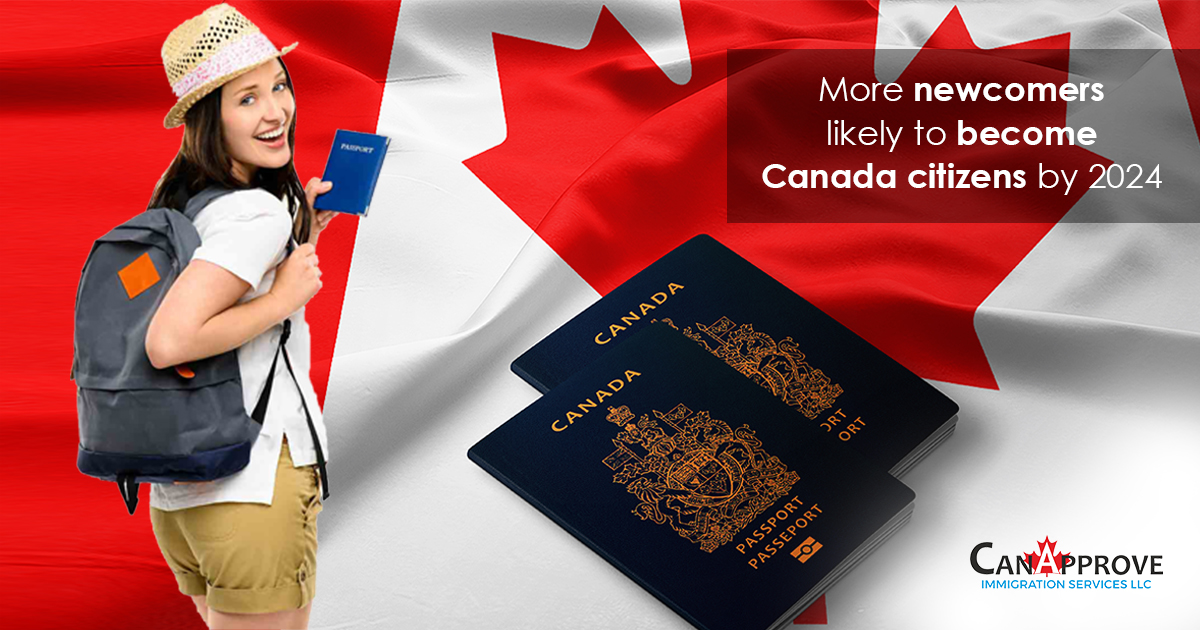Canada government will be spending around $110 million in 2023-2024 for processing citizenship applications, as predicted by the campaign platform for the Liberal Party ahead of the general elections. This indicates a 40 percent increase compared to the amount Canada plans to spend for the same purpose over the coming fiscal year, which is around $75 million. The predicted amount for 2023-2024 period also indicates that the country would be accepting 40 percent more new citizens by 2024.
When a permanent resident acquires Canada citizenship, they get to enjoy a lot of exclusive privileges. These include the right to vote, to run for political office, to enjoy preferential treatment while applying to government jobs, to travel with a Canadian passport and to travel outside of Canada indefinitely.
Canada is keen about helping new immigrants to integrate well to the Canadian society and the country’s high rate of citizenship acquisition shows that it does a good job in facilitating integration. A study conducted by the Organisation for Economic Co-operation and Development (OECD) in 2018 showed that around 91 per cent of the immigrants who had lived in Canada for at least 10 years have held citizenship. While in Australia, the percentage was 81 percent and in the United States, it was 62 per cent.
A new study by Statistics Canada has found that the citizenship acquisition rate was 86 per cent in Canada at the time of 2016 Census compared to 82 per cent during 1991 Census. But the country had been witnessing a decline in naturalisation rates in the past few years, mainly owing to the citizenship policy changes made by Canada over the last decade. Canada introduced a new language requirements and a new citizenship exam in 2010, which had an impact on the number of new citizens. The increase in the citizenship application fee from $100 to $300 also affected the naturalisation rates.
But recently, the Canada government has introduced certain policy changes with an aim to improve the naturalisation rates. These include upgrading the economic class selection standards that resulted in more immigrants with a higher level of language proficiency arriving in the country. Similarly, the family class immigrants chosen for immigration have social-economic characteristics similar to Canadian citizens and permanent residents sponsoring them, which means they come with a higher human capital. All these make it easier for the new immigrants to integrate well to the Canadian society.
Further, Canada has brought down the language test and citizenship exam requirements for those belonging to the age group of 18-54. The Liberals had promised to waive the citizenship fees completely if they came to power, which they may implement soon.
Canada has a lot of opportunities in store for those who wish to move to the country permanently. If you too wish to enjoy a better life in Canada, the time is now for you to start your Canada migration journey. Take the first step by filling our free eligibility assessment form.












